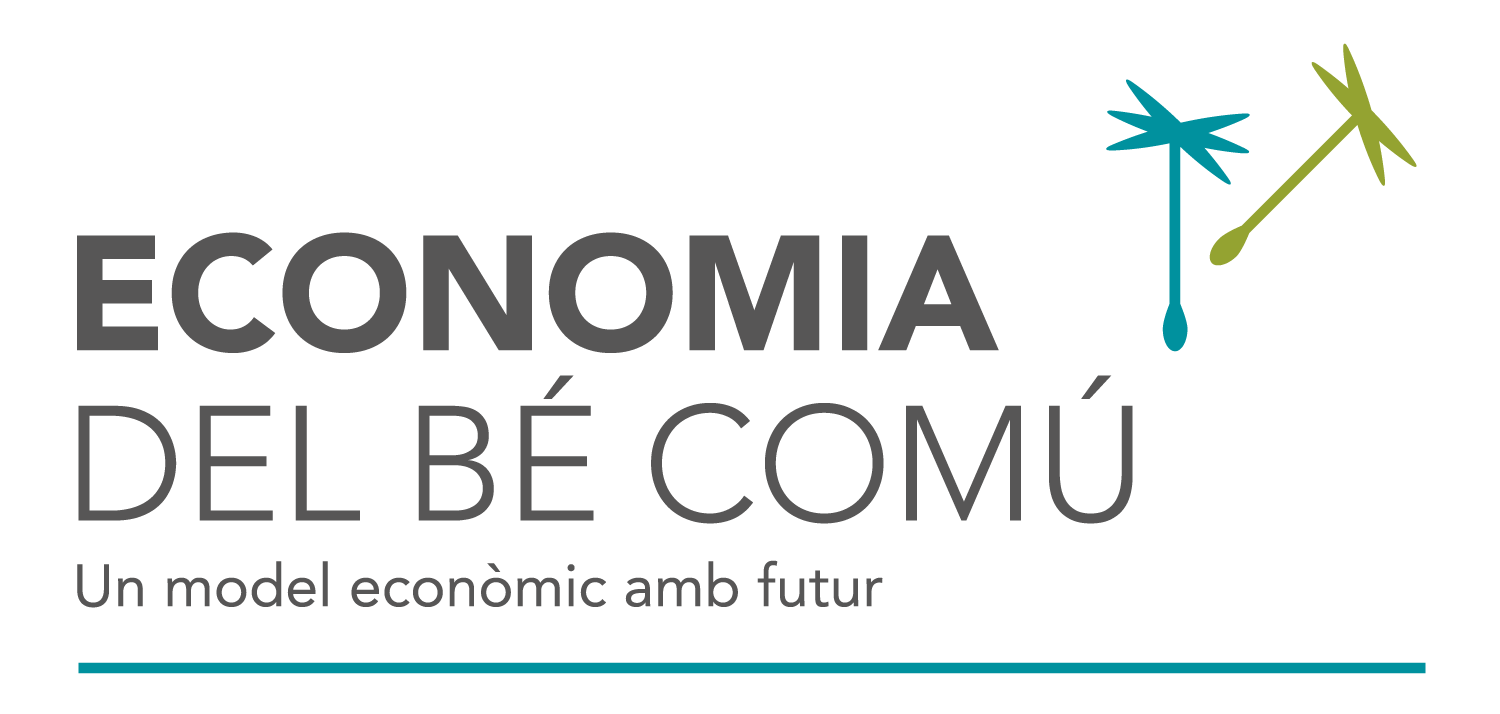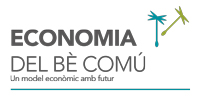Accordion toggle
Checklist
Contact data
FAQs
Heading 2 (standard)
ABOUT ECG
Link list
Menu anchor
News – Insert featured image
Separator for more space (40px invisible)
Tabs
The Common Good Report can be created independently. Materials are available to support the report writing, such as the workbook, the report template, the balance calculator, report guidelines and in-depth online information.
The workbook contains all the necessary information to understand the themes and aspects of the Common Good Matrix, to allow you to make a self-assessment. The work book is deliberately designed to be concise. It is supplemented by more detailed information in a separate online document.
The Common Good Report can be created with help from ECG consultants. ECG consultants make it easier to understand the themes and to make progress, including by adjusting the process of reporting according to the individual needs of the organisation, supported by examples and expert knowledge.
Individual solutions and a customized approach can be clarified during initial discussions. If you are looking for a specific consultant, please go to your national website (Contact). For further information about consultants, please contact consultation@ecogood.org.
A peer group consists of four to six organisations and is supported by ECG consultants or auditors. The participants create their individual reports over a series of workshops, which take place within a period of about six months. This work forms the basis for a peer evaluation, which can replace the external audit.
In order to find companies to complete a peer evaluation with, please get in touch with your local ECG chapter or contact a certified ECG consultant directly. For further questions on peer evaluation, please email peer@ecogood.org.
Text
In it’s short history, ECG has made remarkable progress at the local and regional level of government. Even at the European Union, ECG is on the map.
The Common Good Balance Sheet is an instrument which promotes a value-driven, ethical economy. Its impact and significance go beyond legal requirements in order to ensure the highest possible standards in the future.
More and more consumers are looking for fairer and more sustainable products and services. The European Union, along with governments and political parties across Europe have recognized ECG as an effective tool to provide more transparency to consumers, regulatory organizations and other stakeholders.
To some extent, the Common Good Balance Sheet has already taken Corporate Social Responisbily (CSR) to a new level. This is partly because it has been so comprehensively designed, but also because it is the only assessment tool that allows consumers and other stakeholders to evaluate a businesses contribution to society and the environment. Given that the Common Good Balance Sheet is already meeting tomorrow’s requirements today, it sets an example for the future. By identifying the advantages this creates for society as a whole, ECG pioneers have become the driving force for socio-political developments and future economic policy.
ECG is not itself a political party. It attempts, however, to win supporters in as many parties as possible, similar to the strategy of human rights, peace, gender justice or environmental NGOs. Numerous politicians have registered as supporters of ECG – you can find some of them below.

